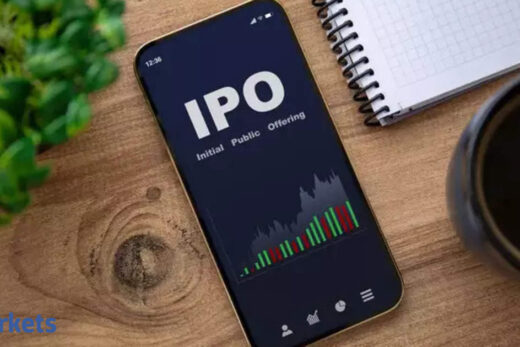A slew of new papers are hitting the primary markets. How are you mapping the subscription levels and are you seeing good appetite for any of these new issuances?
In terms of IPO, we have seen a very strong issuance pipeline and over the last few months we have seen many new businesses getting listed which were probably not available to investors in the past. However, if you look at the data, some interesting facts have emerged as we analysed the data right from 2004 and about 480 IPOs have been done raising almost about Rs 3.8 lakh crore. We are considering IPOs above Rs 50 crore offer size. It is interesting to note that 74% of them have underperformed Nifty and almost 50% plus are trading below their listing price.
When you look at the past data you need to be aware of the fact that there will always be IPO trends. Investors need to choose the businesses, the management and valuation very carefully and not get carried away by the listing gain in the short term but rather look at investment more from a medium to long term perspective. Opportunities will come our way over the next two-three years as new age businesses get listed and many platform businesses which are in the private domain will access public markets. But in this IPO frenzy, one needs to be careful about selecting the right businesses.
Is there any sector or segment towards which people are gravitating? The Nazara Tech IPO, the first of its kind from the gaming segment, has found a lot of fanfare among investors.
Some of the new age businesses in India like platform businesses or gaming businesses or the new age digital technology businesses are starting to get listed. In the past, Indian tech was mainly led by IT services businesses which dominated the IT sector. But going forward, our thought is that many of the unicorns — and Credit Suisse recently came out with a very interesting report where 100 unicorns are roughly valued in the private market at about $260 million — over the next two years will look for listings. That is a new theme which is getting a lot of positive response from the investors because we have seen the success of many platform businesses in the west and how they have created huge market caps. But I would again caution that one needs to evaluate every business separately. Look at the valuations which they are coming and look at the future runway for growth.
What finds more appetite in new issuances? Is it pricing of the IPO or the company itself?
The basic principles of investing does not change whether you invest in an IPO company or in a secondary market company which already has a long-term track record. The few things which we look at as institutional investors are first the business. Whether the business can generate returns on capital which are higher than the cost of equity for long periods of time and also the ability of the business to plough back the cash flows back into the business for higher returns. If they can do that, it becomes a compounding machine.
The second is obviously the management. We believe that an IPO is something which is not tested because the past track record of the promoters probably may not be out there in open compared to a listed company which is already there for the last many years.
The management evaluation is slightly subjective but we try to bring some logic to it by speaking to the ecosystem, the competition, vendors, suppliers, ex employees and the current employees if possible.
The third is the price you pay for that growth which the company has offered. Investors should be sure that they are not paying too much and do not get carried away by the frenzy at the current marketplace. The valuation also is very important to ensure that returns are made over longer periods of time. The business, management, valuation which are basic principles of investing goes in IPO investing as well what we do for the secondary market stocks.



